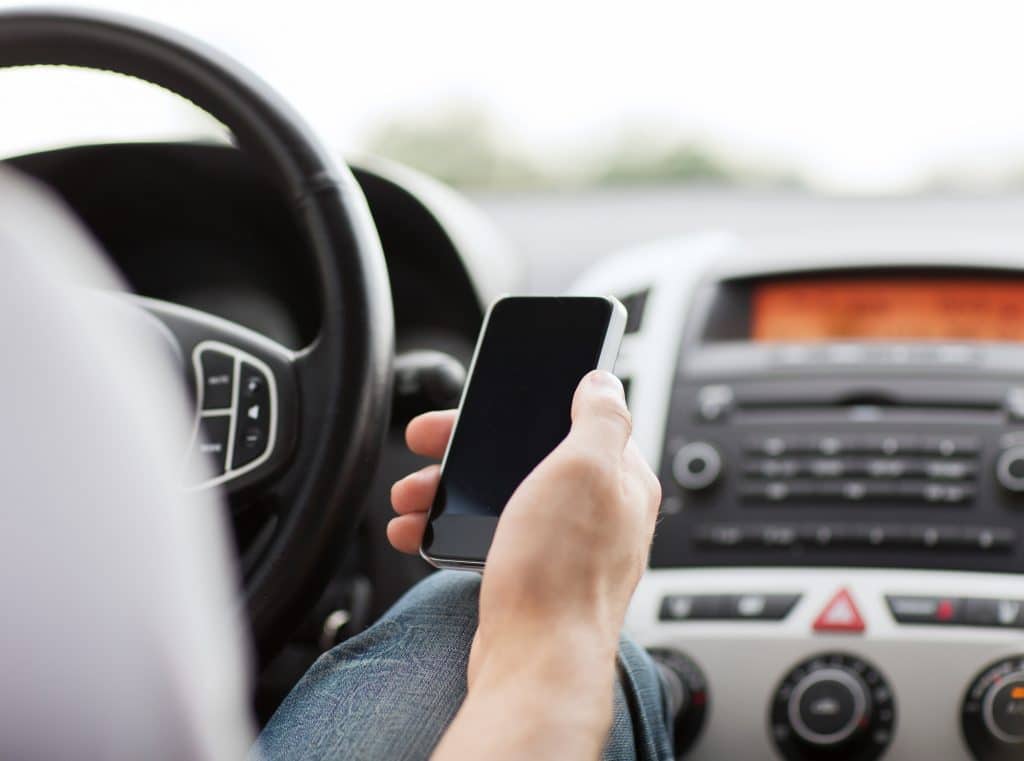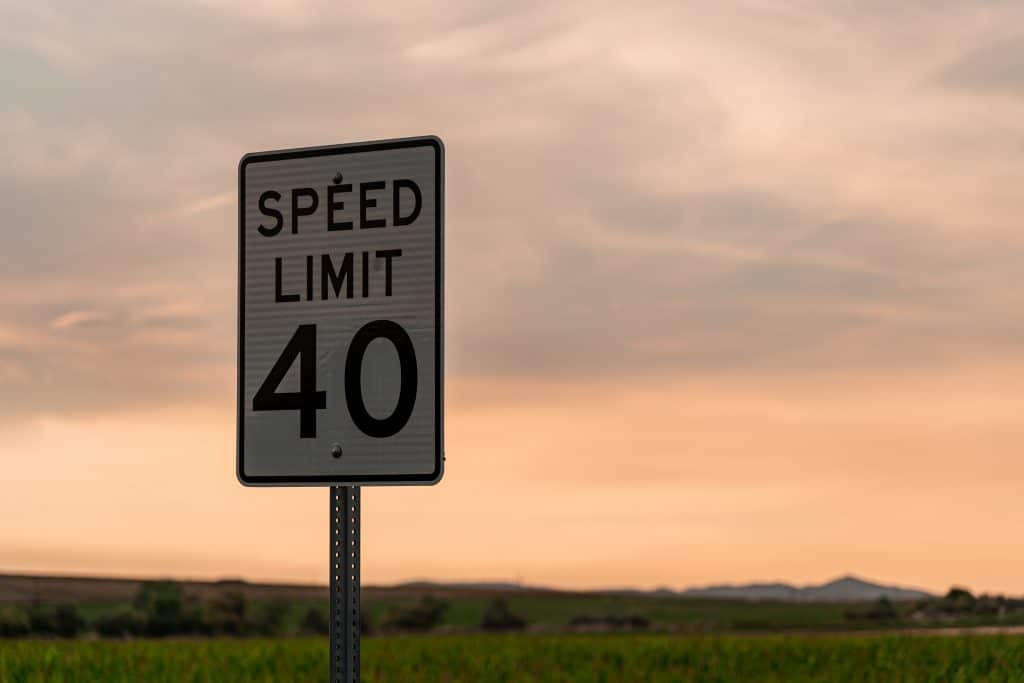10 Rules to Prevent Teen Driving Accidents
Posted on: August 20, 2021Exciting for them, but scary for you.
Bridge the gap by setting these 10 rules to prevent teen driving accidents.
It’s no secret that parenting is hard. Every age has its trials (terrible twos, anyone?), but the one age parents seem to collectively fear is the teen years.
Teenagers are a whole new ball game. They are discovering who they are and what they want out of life, all while butting heads with their parents who are trying to raise them to be decent humans and keep them safe.
So what happens when it comes to driving? Driving is where you’ll need to put your foot down because not only are they operating a (potentially) deadly weapon, but they’re taking their own life, and the lives of others, into their own hands.
All right, they’ve passed the driver’s test, you’ve carved your fingernails in the passenger side dashboard while they practiced, and now it’s time for them to drive off by themselves.
So why are you still scared?
Probably because motor vehicle accidents are the leading cause of death among teens. Does that mean you should keep them in a bubble? Of course not. (That’s not practical.) But it does mean you should take a few steps to keep them safe and protected.
Read on to discover what you can do to keep your teen safe on the road.
1. Seatbelts Are Non-Negotiable
Other than seatbelts being required by law in the state of Florida (click it or ticket!), it’s also the number one way of keeping someone safe in an auto collision. You’ve got to set the ground rules on this one, because it could literally mean the difference between life or death.
Explain to them about peer pressure and also set the precedent that if a friend is in the car and refuses a belt, your teen refuses to drive. If caught without a seatbelt, driving privileges are revoked. No ifs, ands, or buts about it.
Most importantly, wear your seat belt all the time. From the first time you put them in that car seat, demonstrate that everyone in the vehicle is always belted before the car starts to move.

2. No Electronics While Driving
No, it doesn’t mean they can’t listen to their favorite songs, but it does mean no looking at phones, changing songs, or any other thing that would distract them from driving.
There are text blocking apps like Drivemode, which activate whenever someone is driving over 15mph. There is also a feature where parents can see if the teen has deactivated the precautions or not.
Even GPS can be a distraction. If your teen needs a GPS to get around, look into a dash mounted holder for the GPS or phone. That will help keep their eyes on the road. You can also have the GPS speak through the car’s speakers so that the directions can be heard rather than seen.
Again, model the behavior you want. Your kids are watching you at all times. If you use your phone while driving, they may assume that it’s okay because they have never been involved in a crash when you were doing it.
3. No Driving Drunk
Wait! These are teens! Why would they be drinking? <insert applicable sarcasm look here>
Of course we’d prefer if our kids didn’t drink, but at some point they will come across alcohol. You want them to feel as though they can come to you rather than get behind the wheel. Make sure your teens understand that if they need you, you’ll be there—day or night.
If they make the poor decision to drink, celebrate the fact that they chose to call you instead of endangering lives. Yell later.

4. Obey the Speed Limits
This seems like common sense, but it’s possible your teen won’t take it seriously.
Set up the rules before they start driving. Make sure they understand what the limits are for the safety of themselves and others. Show them how much a speeding ticket costs in your area and let them know they will be responsible for paying it should they acquire one.
Depending on who pays for insurance in the household, you may want them to know who will pay for the increased insurance premiums if they have a speeding ticket. Money speaks to most people, but especially to teens.
5. Better Late Than Never
It may sound odd, but it’s important to stress this to your teenager. If they’re running late for work, don’t speed to make it on time. Drive the speed limit, obey traffic laws, and leave a bit earlier next time.
This goes for parents as well. You might think you’re being a responsible adult by setting a strict curfew for your teens, but they’ll only be putting themselves in danger if they’re racing to get home on time. Make sure you give them some wiggle room—or simply tell them their curfew is 30 minutes earlier than it is.
6. Practice Makes Perfect
Florida teens must have 50 hours of practice before venturing out on their own and getting a license. But you don’t have to stick to the minimum!
Have them drive with you as much as possible while they have their permit. Every minute in the car getting instruction from you will help make them a better driver.
Even after they have gotten their license, you should set aside time to fine tune their skills.
7. Be a Role Model
It may look like they’re rolling their eyes at you, but your teenager is paying very close attention to what you say and do.
If you give in to road rage, they’ll give in to road rage. If you disregard traffic laws, they’ll disregard traffic laws. Always follow the rules that you want your teen to respect.

8. Got an Attitude?
If your teen gets an attitude over the new rules, it might be time for them to take a break from driving. If it continues, tell them you’ll allow them to learn to drive when they’re a bit more mature.
Remember, it’s not about being their friend or the “cool” parent. It’s about keeping them safe on the road.
9. Be Wary of Bad Weather
Make sure that your teen knows that if the weather is bad to take precautions.
It’s always ok to pull over and wait for the inclement conditions to pass. Keep their lights on when it’s foggy or raining, and slow down if it’s hard to see.
10. Tailgating Is Only For Football
Following other cars too closely can come with a whole string of troubles.
Not only can it cause an accident if the person stops fast, but the person you’re tailgating could retaliate in a fit of road rage and cause a bigger problem. Teach them to either pass the person legally, or wait patiently behind them.
Conclusion
The thought of our kids venturing out on the road can be scary, but it doesn’t have to be. Make learning to drive an exciting but serious time in your teen’s life. If at any time you feel as though they may not be ready or mature enough, it’s better to be the “bad guy” than to regret it later.
Set the rules for driving early on, and don’t back down. If your teen breaks the rules, then whatever consequence was stated at the beginning should be implemented.
Again, MODEL the behavior.
As always, we are here to help. Call Beers and Gordon if you find yourself in need of a personal injury attorney.







